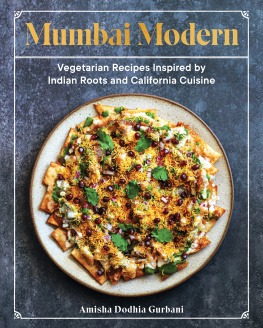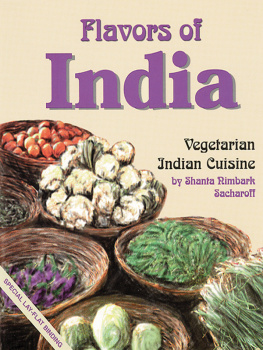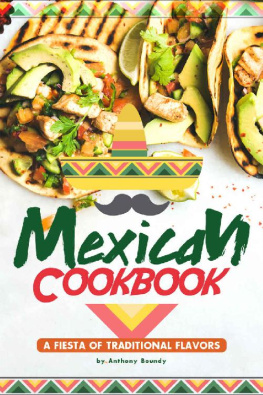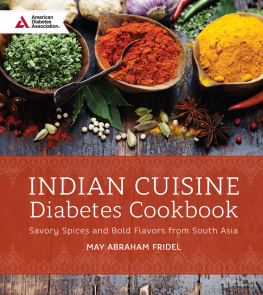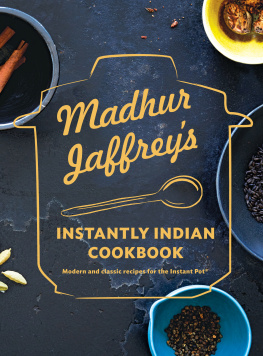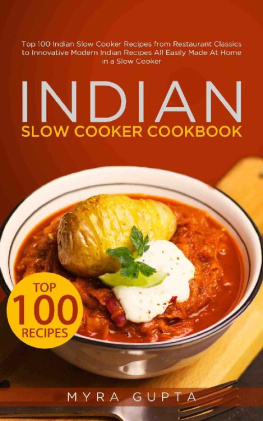
CONTENTS

Guide
Australia
HarperCollins Publishers Australia Pty. Ltd.
Level 13, 201 Elizabeth Street
Sydney, NSW 2000, Australia
www.harpercollins.com.au
Canada
HarperCollins Canada
2 Bloor Street East - 20th Floor
Toronto, ON M4W 1A8, Canada
www.harpercollins.ca
New Zealand
HarperCollins Publishers New Zealand
Unit D1, 63 Apollo Drive
Rosedale 0632
Auckland, New Zealand
www.harpercollins.co.nz
United Kingdom
HarperCollins Publishers Ltd.
1 London Bridge Street
London SE1 9GF, UK
www.harpercollins.co.uk
United States
HarperCollins Publishers Inc.
195 Broadway
New York, NY 10007
www.harpercollins.com
ASHOK BAJAJ has owned and operated award-winning restaurants for over twenty-five years. He opened several highly successful landmark restaurants in Washington, D.C., including the Oval Room and the four-star restaurant Rasika, and owns Knightsbridge Restaurant Group. His chefs have been nominated for numerous James Beard Awards and he has been nominated for Outstanding Restaurateur many times. Rasika was named the number one restaurant in the nations capital by the Washington Post in 2014 and was among Trip Advisors twenty-five best restaurants in the country in 2016.
VIKRAM SUNDERAM was the opening chef of Rasika in December 2005 after working at the award-winning Bombay Brasserie for fourteen years, as executive chef for eight of those years. His culinary artistry earned him the James Beard Award for Best Chef, Mid-Atlantic, in 2014, among other accolades. Sunderam spearheads the kitchen at Rasika and Rasika West End.
DAVID HAGEDORN is a chef and restaurateur turned food, travel, and design writer. He is the coauthor of The New Jewish Table: Modern Seasonal Recipes for Traditional Dishes and My Irish Table: Recipes from the Homeland and Restaurant Eve. He lives in Washington, D.C.
Discover great authors, exclusive offers, and more at hc.com.
Cover Design by Sara Wood
Cover Photograph Shimon and Tammar Photography

RASIKA. Copyright 2017 by Ashok Bajaj. All rights reserved under International and Pan-American Copyright Conventions. By payment of the required fees, you have been granted the nonexclusive, nontransferable right to access and read the text of this e-book on-screen. No part of this text may be reproduced, transmitted, downloaded, decompiled, reverse-engineered, or stored in or introduced into any information storage and retrieval system, in any form or by any means, whether electronic or mechanical, now known or hereafter invented, without the express written permission of HarperCollins e-books.
FIRST EDITION
Photographs by Shimon and Tammar Photography
ISBN 978-0-06-243555-2
EPub Edition October 2017 ISBN 978-0-06-243554-5
TO MY LATE PARENTS
Ashok Bajaj
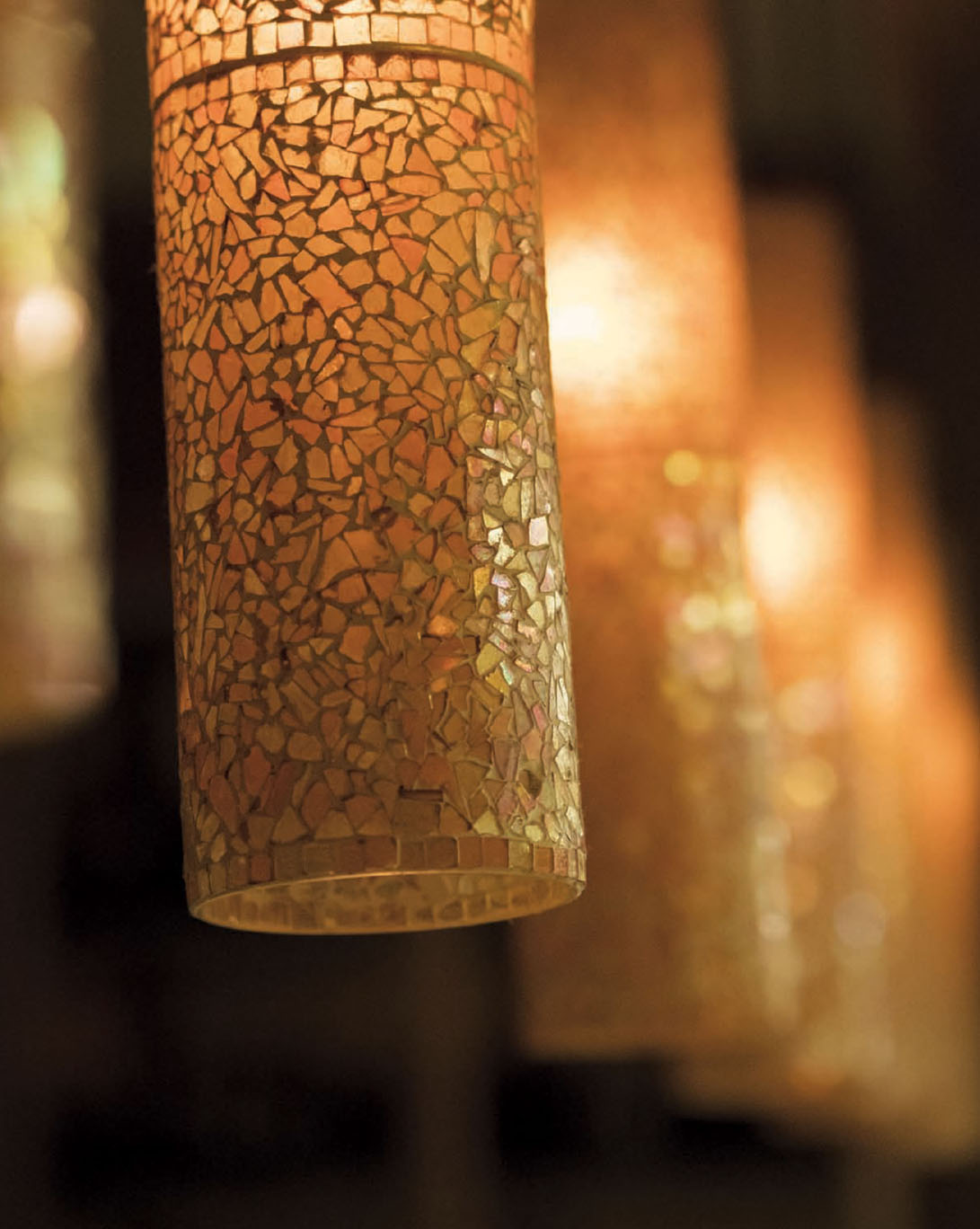
When I moved to Washington, D.C., in the late 1980s, it was a world capital with a small-town feel. Nancy Reagan, one of the most prominent members of the in crowd, would often have lunch with friends at the Jockey Club in The Fairfax Hotel, then known as the Ritz-Carlton, near Embassy Row. I was working to open my first restaurant in the city at the time and would read about these visits in the local papers, imagining what it would be like to have the first lady or the president in my dining room.
Now, ten restaurants later, I remember that early ambition and think about how frequently Michelle Obama has dined at some of them, whether enjoying a tasting meal and wine pairings with friends at Rasika or celebrating her husbands birthday at its sister restaurant, Rasika West End. I cant help but smile at the thought of how Washington and its dining scene have evolved over the years.
Rasika restaurant opened in December 2005 and Rasika West End six years later. Washington Post restaurant critic Tom Sietsema named Rasika the best restaurant in Washington, declaring it the most fabulous Indian cooking in the country. He asked rhetorically, Remember when Indian food meant samosas and curries washed back with a Kingfisher? The game, he pointed out, had changed.
Indian cooking had long been dismissed in America as mere ethnic food that was too greasy and fiery hot. The accolades for Rasika and for its executive chef, Vikram Sunderam, are proof that Indian food today has broken free of the stereotypes to take its place among the worlds most refined cuisines.


But recognition as one of Americas finest restaurants, and of its chef as one of the best in the country, did not happen overnight or easily. Rasika could not have happened without my first restaurant, The Bombay Club, which opened a stones throw from the White House in 1988. And the entire journey started in India.
IN THE BEGINNING: THE BOMBAY CLUB
My mother, Kamla, was an excellent cook, and she delighted in preparing special local dishes for friends and family. Growing up in New Delhi, I remember eating this fresh, natural food every day, and how our home became a place where cousins, aunts, and uncles would gather to eat. She would walk to the market daily and buy whatever vegetables and fruits were freshest. Hawkers would pass by on the street calling out that they had zucchini, eggplant, potatoes, or peas for sale from baskets and carts. She would use these ingredients to prepare simple, delicious meals.
When I was in school, I would sometimes come home for lunch and find that my friends were already there eating. My mother would be bustling about the kitchen, serving up aloo tikki, vegetable jalfrezi, baingan bharta, or kormas and dropping hot bread fresh from the tawa onto their plates while they all laughed and gossiped. She loved to welcome people into her kitchen and dining room and often meals would extend to midnight and beyond.
Perhaps thats why I was drawn to the hospitality business, and especially to the food side of things. When I was twelve or thirteen years old, my uncle Prem Arora would take me to lunch at the hotels where he was an executive. These were elegant restaurants, and the experience made a lasting impression. I remember always being in awe of the glamorous setting. The formality of how the waiters would present the elaborate creations of the chefs was so different from the casual way we ate at home, yet the flavors and ingredients were familiar.
It was my uncle who first thought that this might be a career that would suit me. He encouraged me to enter the food and beverage training program at the Ashok Group of Hotels while I was getting my degree from the University of Delhi.
After earning a postgraduate diploma in tourism and hotel management from the University of Rajasthan, I was fortunate to get a position with the Taj Hotel Group, which operated some of the best restaurants and hotels in India. I learned a great deal about the business and about which parts of it I most enjoyed. The front of the house, the kitchen, room service, lounges, and other areas were each like separate worlds with their own cultures. In all of them, I learned that hospitality is about more than just serving food correctly.
Next page
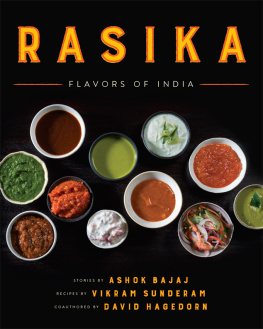
![Anita Jaisinghani - Masala: Recipes from India, the Land of Spices [A Cookbook]](/uploads/posts/book/320725/thumbs/anita-jaisinghani-masala-recipes-from-india-the.jpg)

